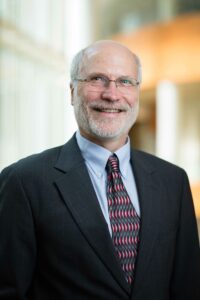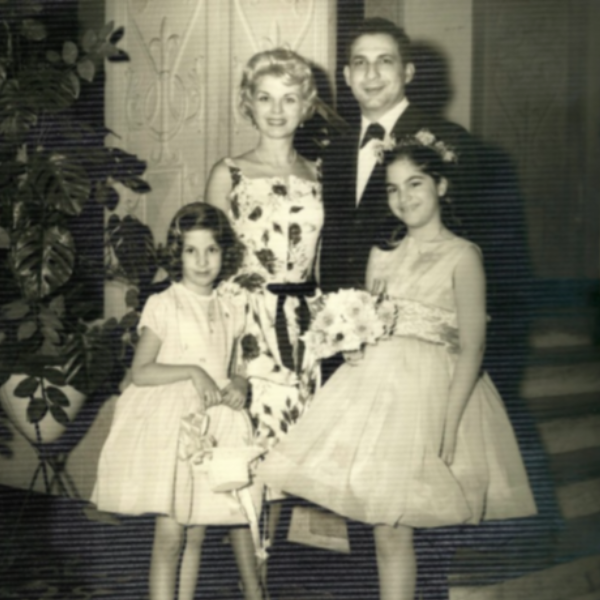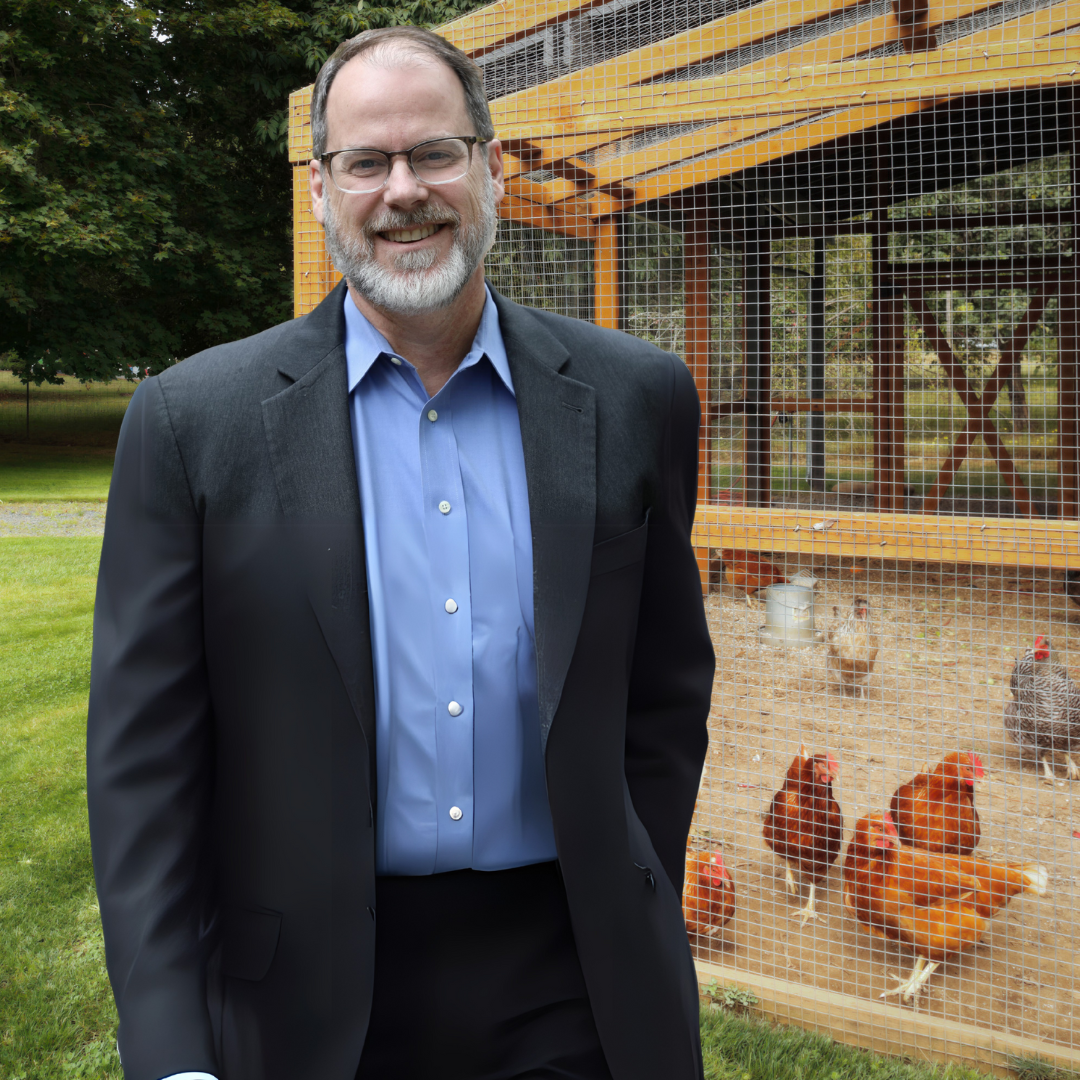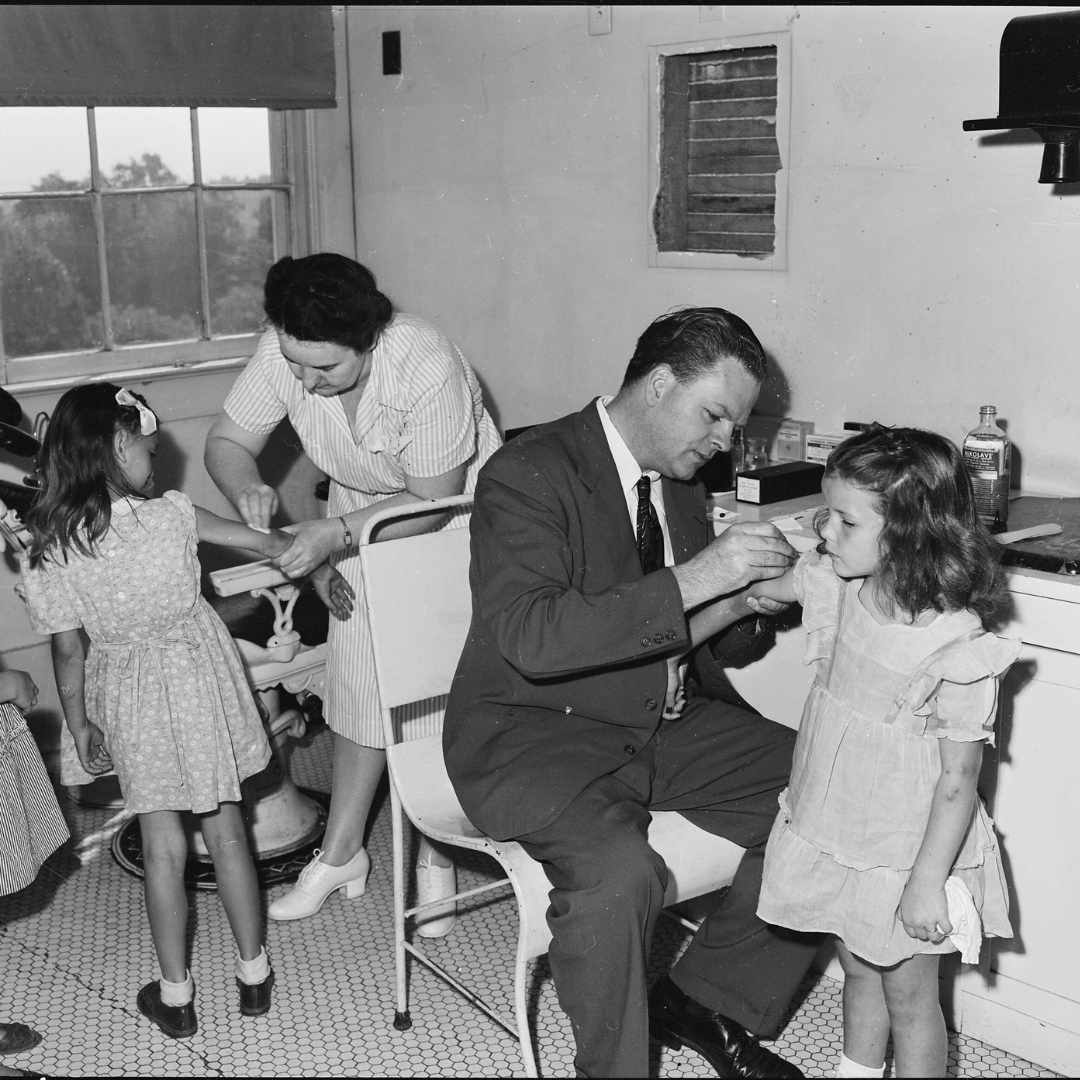As the person at the helm of Voices for Vaccines, I frequently hear the newest claims made by anti-vaccine activists about the alleged dangers of vaccines. Part of my job is investigating these claims, talking to experts about them, and helping to communicate to parents about which of these claims are valid and which are not worth worrying about. One I’ve heard recently has to do with the HPV vaccine. I’ve been seeing vaccine-hesitant parents referring to a claim that the world renowned Mayo Clinic had confirmed the validity of certain anti-vaccine theories about the “dangers” of the HPV vaccine. In particular, the claims that this vaccine causes autoimmune and rheumotological side effects in girls.
While I doubted that these claims about Mayo were true, as there has been no coverage in the mainstream media nor have any researchers or providers spoken publicly about them, I had heard them often enough from people who were not connected to one another that I decided to call Medical Director for the Population Health Science Program at Mayo Clinic’s Robert D. and Patricia E. Kern Center for the Science of Health Care Delivery, Dr. Bob Jacobson, and ask him about these claims.
I began by asking Dr. Jacobson if, as I’d been hearing from vaccine-hesitant parents, anyone from Mayo Clinic was studying or investigating the HPV vaccine in connection with possible autoimmune side effects. He hadn’t heard of any of his colleagues investigating these claims, but wanted to make sure, and accessed the Mayo Clinic’s enormous database to see if anyone was currently researching a link between HPV vaccine and autoimmune side effects.
He found a number of researchers studying the HPV vaccine–but these studies were focused on the efficacy of the vaccine itself against various cancers, how to better deliver the vaccine, and how to broaden delivery. What he didn’t find was any researcher at Mayo studying a link between the HPV vaccine and autoimmune disorders. “Nothing suggests that a Mayo Clinic author is investigating untoward safety signals,” Dr. Jacobson told me. He also noted that if a parent comes to Mayo with a claim, a doctor might tell him or her that she’ll look into the claim. But, Dr. Jacobson told me, “‘I will look into that’ is not the same thing as investigating a link.”
Mayo Clinic’s support for HPV is robust. Dr. Jacobson reminded me that Mayo Clinic is one of sixty-nine cancer centers in the United States to sign a public letter urging people to vaccinate their children against HPV. “Mayo routinely recommends HPV vaccine for all children started at age nine, all the way through age twenty-six,” Dr. Jacobson said. “For those who started the vaccine at age twenty-six, we will complete the series after age twenty-six. It is included in the schedule for children and young adults through Mayo Clinic system.” (Mayo Clinic begins the HPV series at age nine to ensure that children have completed the series by age thirteen.)
 Finally, I asked Dr. Jacobson if there is any evidence that vaccines cause autoimmune disease. “I am so glad you asked me that,” he said. He pointed to a large study recently completed at Kaiser Permanente involving very large numbers of children who received HPV vaccine compared to children who did not receive HPV vaccine. This study showed no association between vaccines and autoimmune disease. “On the other hand, people with autoimmune disease suffer enough problems, including medications that suppress their immune systems, and they are at increased risk for contracting infections, including persistent HPV infections. Families with autoimmune disease should make sure children and young adults receive the HPV vaccine to protect them.”
Finally, I asked Dr. Jacobson if there is any evidence that vaccines cause autoimmune disease. “I am so glad you asked me that,” he said. He pointed to a large study recently completed at Kaiser Permanente involving very large numbers of children who received HPV vaccine compared to children who did not receive HPV vaccine. This study showed no association between vaccines and autoimmune disease. “On the other hand, people with autoimmune disease suffer enough problems, including medications that suppress their immune systems, and they are at increased risk for contracting infections, including persistent HPV infections. Families with autoimmune disease should make sure children and young adults receive the HPV vaccine to protect them.”
Karen Ernst is the Executive Director of Voices for Vaccines.



